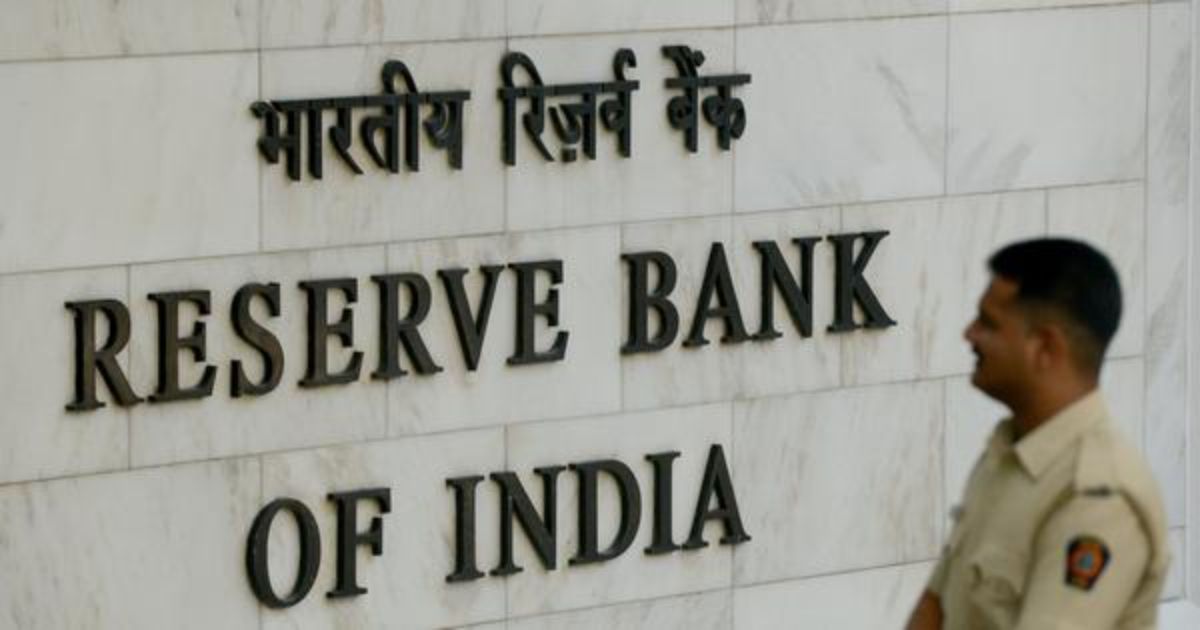In a stark warning to the financial sector, RBI Deputy Governor Swaminathan J has sounded the alarm over emerging unethical practices among a section of Indian banks and NBFCs. As India aspires to become a developed nation by 2047, he cautioned that short-termism, regulatory manipulation, and boardroom leniency could undermine the very trust that fuels the country’s economic engine.
Cracks in the Foundation: RBI Flags Rising Ethical Concerns in Banking Sector
In a blunt message to India’s banking sector, Reserve Bank of India (RBI) Deputy Governor Swaminathan J has warned that a growing culture of unethical conduct, ranging from creative accounting to lax risk governance, is threatening the integrity of the country’s financial system. Delivered during the 109th Foundation Day of Karur Vysya Bank, the remarks have since been posted on the RBI’s official website, triggering widespread industry introspection.
Swaminathan stated that, driven by intense competitive pressures and a desire to project short-term success, the management of certain banks and NBFCs appears to believe that the ends justify the means. While acknowledging that such malpractices are limited in number, he cautioned that even isolated instances could erode public trust, which is a foundational pillar of any financial system.
Citing manipulative reporting, liberal interpretation of regulations, and poor internal controls, Swaminathan indicated that RBI supervisors have had to step in on multiple occasions to curb emerging risks. This isn’t merely a call for course correction, it’s a warning shot to financial institutions navigating a volatile post-pandemic, tech-driven economy.
From Boardroom to Branch: Ethical Accountability Under the Scanner
Swaminathan’s speech emphasized that trust-building is not a checkbox activity or a regulatory afterthought. He stated that it must be institutionalized at every level: from the boardroom to the branch, systems, people, and processes must be ethically aligned.
He stressed that achieving India’s ambitious 2047 vision, a roadmap toward becoming a developed economy, depends not just on digital expansion or credit growth, but on responsible leadership and inclusive strategies. Institutions must reflect on whether their products, branch networks, and sectoral exposure are in harmony with the needs of an aspirational and increasingly mobile population.
Swaminathan also issued a subtle critique of headline-focused growth: “For banks, it is not enough to meet regulatory thresholds or show improved headline numbers. What matters more is how financial resources are deployed, whether toward inclusive lending, long-term investment, or business models that promote trust and transparency.”
The Digital Tightrope: Growth Must Not Outpace Governance
With Indian banks accelerating their digital footprints post-pandemic, the RBI has consistently emphasized the need for robust cybersecurity, data governance, and ethical safeguards. Swaminathan’s latest remarks sharpen that focus.
He warned that tech adoption without parallel risk management creates “systemic vulnerabilities” that may not be immediately visible but can become catastrophic over time. “Technology must never outpace an organisation’s capacity to manage it,” he said, urging directors and senior executives to lead from the front in upgrading compliance, risk, and audit functions.
The speech comes at a time when India’s financial sector is witnessing increasing scrutiny over digital lending practices, the use of AI in credit scoring, and emerging concerns about data privacy. With competition from fintech players heating up, Swaminathan urged the traditional banking industry to resist the temptation to cut corners for speed and scale.



